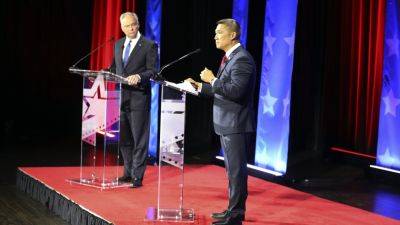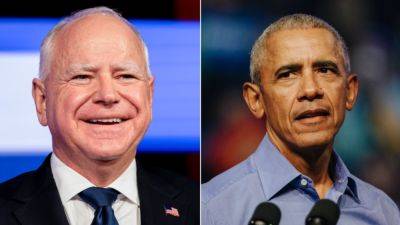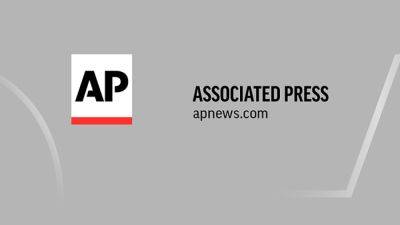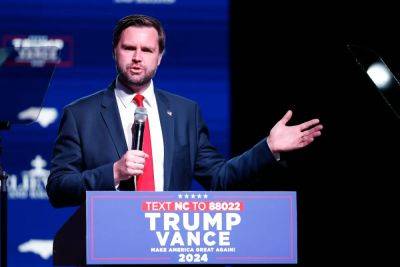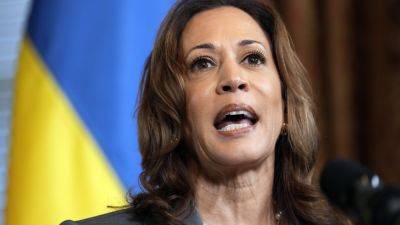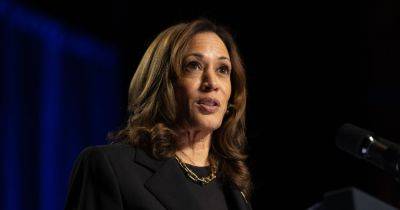U.S. Faces Economic Turbulence Just as Recession Fears Eased
The United States economy is suddenly staring down an array of new and potentially damaging crises, with tensions flaring in the Middle East, port workers striking on the East and Gulf Coasts and several states grappling with fallout from a devastating hurricane.
The events hit just as American policymakers were gaining confidence that they had successfully tamed inflation without pushing the economy into a recession and as polls and consumer surveys suggest that Americans’ sour economic mood had begun to improve. But in just a week, new risks have emerged.
The economy now faces the prospect of an oil price spike, new supply chain disruptions and the aftermath of a storm that could inflict more than $100 billion in damage upon large swaths of the southeast.
“There’s new uncertainty,” said Joseph E. Gagnon, senior fellow at the Peterson Institute for International Economics. “If we lose oil output in the Middle East, if the ports are not functioning, then both are inflationary.”
That uncertainty is arriving just weeks before a presidential election in which the economy — in particular, inflation — is one of the biggest factors on voters’ minds and less than a month after the Federal Reserve began cutting interest rates from more than a two-decade high. The central bank has gained confidence that inflation is coming back to its 2 percent goal, but has been wary about the labor market weakening.
Even before the new risks emerged, the International Monetary Fund was projecting that the U.S. economy would slow next year.


